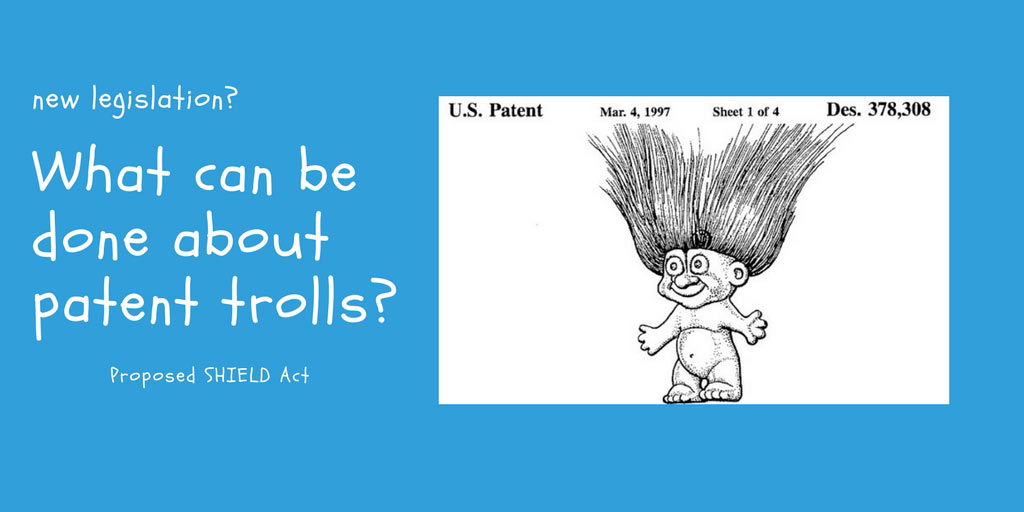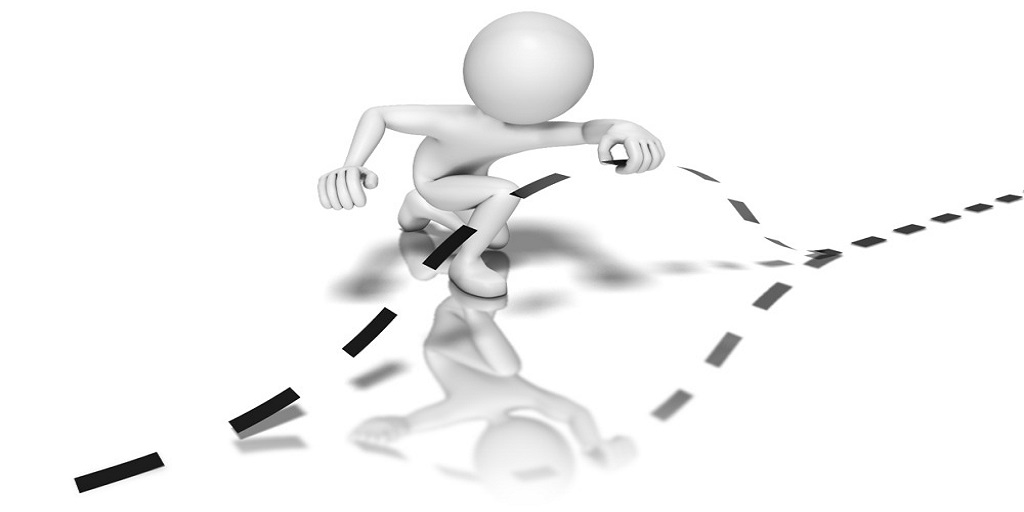SHIELD Act introduced to punish losing Patent Trolls
It’s pretty apparent that nobody likes patent trolls except for the attorneys that represent them. I think the biggest problem with nonpracticing entities (NPE’s) is that they sue on cases that are not true infringement cases.
At first blush this may seem unreasonable because why would you sue a case if you didn’t think you have the ability to win the case.
 The bottom line is that it’s so expensive to try a case that they almost always get settled. And cases get settled based upon how expensive it is to try the case… not how much the infringement is really worth.
The bottom line is that it’s so expensive to try a case that they almost always get settled. And cases get settled based upon how expensive it is to try the case… not how much the infringement is really worth.The upshot is that it’s usually cheaper for companies to settle with a troll than take them to trial. And settle they do. According to a study by professors at the University of Texas at Austin and Stanford, about 90 percent of cases brought by trolls — which academics politely refer to as “non-practicing entities” or “patent assertion entities” — end in a deal.
In this era where Democrats and Republicans can’t agree on anything it appears that they can agree on something…Nobody likes patent trolls!
Representatives Peter DeFazio (D-OR) and Jason Chaffetz (R-UT) introduced HR 845, the bipartisan Saving High-tech Innovators from Egregious Legal Disputes (SHIELD) .PDF Act to protect American innovators and companies from patent lawsuits by NPE’s.
The SHIELD Act will put the financial burden on so-called “patent trolls” that buy broad patents on products they did not create and then file questionable lawsuits against companies for infringement.
The Shield act provides that if the party bringing an action involving the validity or infringement of a patent is a patent troll and loses the lawsuit they will be responsible to cover the costs of the lawsuit.
How will the court determine if a party is a patent troll?
The party will be considered a patent troll unless they are one of the following entities:
- a university,
- the original inventor or assignee of the patent, or
- a party in the exploitation of the patent through production or sale of the item covered by the patent.
If a party is deemed a patent troll they will be required to post a bond in an amount determined by the court to cover the full costs to any prevailing party asserting invalidity or non-infringement including reasonable attorney’s fees. And believe me the attorneys fees are the big cost in this.
Big litigation patent firms bill upwards of $600 an hour and assign multiple attorneys to each case. And most patent cases get stretched on forever. Having the attorney’s fees hanging over your head by statute is a big risk for any patent troll.
Will the courts follow the statute?
This is a valid question because the act did leave some wiggle room for the courts…the act states that the court will award costs “unless the court finds an exceptional circumstance making award unjust.”
I think as it stands right now most courts are loath to award attorney’s fees and to award attorney fees is the exception not the rule.
Here the legislature is trying to make the rule against one specific type of plaintiff…the purchasers of patent rights who do not intend to produce a product but intend to sue anyone who has a deep pocket and is infringing on that patent right.
I wonder if the Supreme Court would look at something like this as stifling the ability of patent holders to be able to effectively sell their intellectual property.
There certainly is a market for patents as can be seen by the recent attempt by Kodak to save itself from bankruptcy by selling its patent portfolio. If the Shield act was to be signed into law it certainly will be argued that it will diminish the value of patents and patent portfolios.





